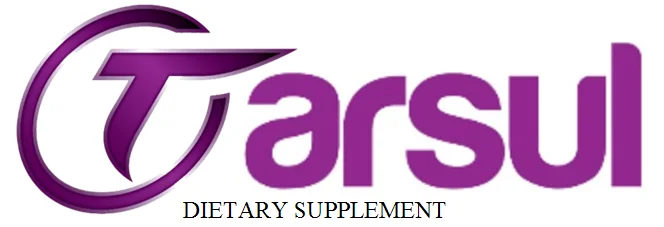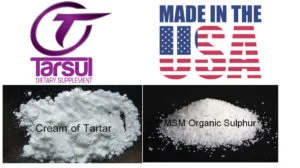Heartburn affects an estimated 20-40% of Western adult populations. Gastroesophageal reflux disease (GERD) is the technical term. It gets that name once a doctor determines it is not anything else. Heartburn is associated with increased reports of restricted activity and missed work. Furthermore, it is the most common gastroenterology(GI)-related outpatient diagnosis with over 9 million doctor visits annually. As a result, it may be better to ask “Who doesn’t have heartburn?”
A 2004 study by the Houston VA Medical Center found 27% of black, 23% of white, and 24% of other races reported heartburn occurring weekly. Importantly, these stats fall squarely within the above count and there is not much separation between races. We only suggest race because that seems to be a popular metric among studies. Perhaps, we can look worldwide for an answer. Researchers at the University of Malaya found that Asians had less heartburn symptoms and complications. Also, the Queen Mary Hospital in Hong Kong found the same thing. The studies cite factors such as low dietary fat intake, lower maximal acid output and body mass index as causes. However, these factors seem more like dietary symptoms than causes.
Why doesn’t heartburn have a strong relation to diet in the medical community?
At Tarsul, we always consider diet as the keystone to health. Likewise, there are distinct differences between the Western industrialized diet and one from Asia or Europe. A 2012 study on high blood pressure found a big difference in sodium to potassium ratios in western vs. Asian diets. Oriental medicine refers to this as a yin to yang ratio. Yin represents foods rich in potassium, while Yang foods are high in sodium. There is much more to it but we can see how a large chunk of the world has benefited from this philosophy. Arguably, Western medicine is just discovering a yin/yang correlation to health while it has been embedded in the Asian diet for millennia. Unfortunately, Asia is catching up with the west in consumption of junk food and its “alleged” results!
Interestingly, heartburn and hypertension may both be created by stress. This should not be a surprise.The brain to stomach connection is common in much of our gut research. Most importantly, stress may be the same in big cities like Houston or Hong Kong but diet and heartburn statistics are different. Likewise, the correlation between heartburn and diet becomes increasingly clear. Those looking to avoid taking new drugs or stacks of antacid tablets might consider a change in diet.
FREE SHIPPING
Tarsul 150 Gram Bottle
Sulfur is another element in our diet which is closely related to health. Tarsul’s MSM is a a naturally occurring source of sulfate considered to provide health benefits when used to supplement the diet. Sulphates from alliaceous (garlic, onions, leeks) and cruciferous (cabbage, kale, broccoli) vegetables can help prevent issues from irritable bowel syndrome to cancer and diabetes. Incidentally, diabetes is one of the diseases associated with heartburn.
Can Tarsul’s ingredients target heartburn?
We can see how Tarsul can help balance our diet. MSM can help replace sulfur missed by not heaping on the onions, cabbage and broccoli. Cream of Tartar (potassium bitartrate) can encourage better GI motility and balance sodium to potassium levels which are linked to good health. Unfortunately, the medical community does not relate GI motility with delayed stomach emptying that can cause heartburn. At Tarsul, we are skeptical. How can a highly complicated system be cordoned off and treated piece by piece? There must be a correlation between maladies affecting the GI system.
Tarsul’s ingredients can be proven to mobilize sulfur and potassium in the human body. Additionally, we can use Tarsul to replace sulfur or potassium rich foods which doctors tell us to avoid for heartburn. We can use it to our health advantage at a fraction of the cost for other treatments. Why not employ something with beneficial side effects? Why not Tarsul?
For heartburn relief, we would try a teaspoon per day mixed in water. If symptoms persist we recommend seeing a doctor. If you have success with your treatment, please send us a note. We would love to hear how you are doing!



